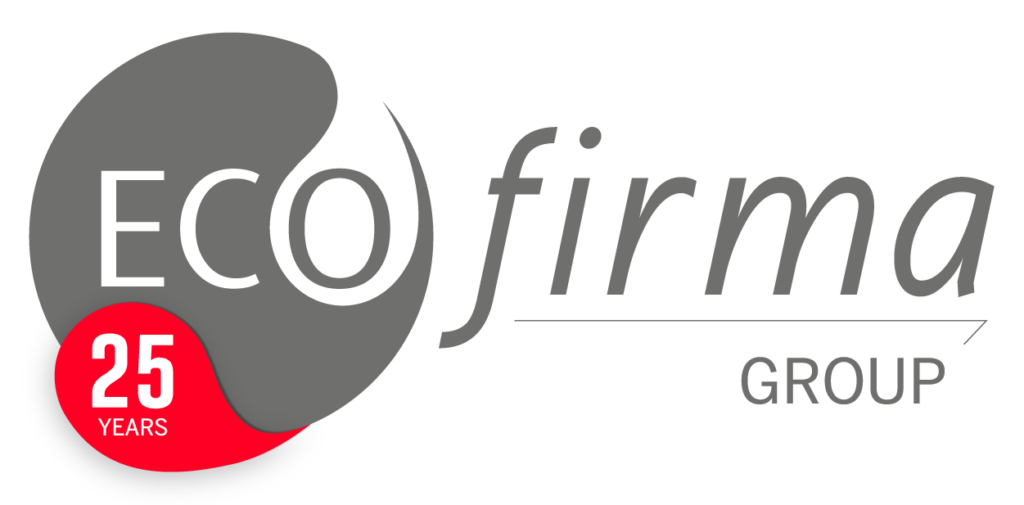ECOFIRMA GROUP
Pioneers in Business and Environmental Sustainability in Angola
In today's world, where environmental concerns are at the top of the global agenda, companies have a crucial role in promoting sustainability.
The companies of the ECOFIRMA GROUP not only recognize this responsibility but also incorporate it into each of their operations.
Since local production until reuse of materials, the ECOFIRMA GROUP is leading the way towards a more sustainable future, demonstrating that economic growth and environmental protection can go hand in hand.
The Importance of Local Production in Reducing the Ecological Footprint
Cement production is one of the most carbon-intensive industrial processes.
It is estimated that the cement industry is responsible for around 8% of global carbon dioxide (CO2) emissions*, making it one of the largest contributors to climate change.
However, the ECOFIRMA GROUP is combating this negative impact by promoting local production in Angola.
Producing locally means we avoid the carbon emissions associated with long-distance transportation of materials, which is typically required for imports.
Furthermore, local production allows us use resources available in the region, minimizing dependence on external materials and contributing to the local economy. This practice not only reduces the company's ecological footprint, but also promotes the economic resilience of the region.
* Andrew, R. M. (2018). Global CO2 emissions from cement production, 1928–2018. Earth System Science Data, 10(1), 2213-2239. DOI: 10.5194/essd-10-2213-2018.
Reuse of Materials and Promotion of Circular Economy
At ECOFIRMA, sustainability goes beyond production; it is rooted in the way we manage resources and materials.
A clear example is the reuse of containers for the creation of Water Treatment Plants (ETAs) and Wastewater Treatment Plants (ETARs). This innovative approach allows us to not only reduce waste, but also create more sustainable and accessible infrastructures.
The circular economy is a concept that aims to keep resources in use as long as possible, extracting maximum value from them while they are in use, and recovering and regenerating products and materials at the end of their useful life.
ECOFIRMA adopts this concept in all its operations, ensuring that nothing is wasted and that each resource is used efficiently and ecologically.
Internal Training and Awareness on Recycling and Sustainability
One of the pillars of ECOFIRMA's commitment to sustainability is continuous training of its collaborators.
We know that change starts from within, which is why we offer ongoing training that covers everything from recycling to sustainable practices in the workplace.
These trainings not only empower our employees to adopt more environmentally friendly practices, but also create a corporate culture where sustainability is valued and actively promoted.
Furthermore, ECOFIRMA is a leader in optimizing the water cycle, a vital resource that is under increasing pressure due to climate change.
Through reservoir waterproofing services and other innovative methods, we help conserve water and ensure that this essential resource is available for future generations.
Environmental Impact and the Importance of Business Awareness
It is crucial that companies recognize their impact on the environment and act accordingly.
The cement industry, in particular, faces significant challenges due to its high carbon emissions.
However, with practices such as local production, reuse of materials and the circular economy, ECOFIRMA demonstrates that it is possible to significantly reduce this impact.
Companies that adopt environmentally conscious practices are not only doing their part to protect the planet, but also positioning themselves as leaders in social responsibility.
A Commitment to the Future
At ECOFIRMA, we believe that the future of the industry depends on the ability to innovate and adapt to environmental needs.
Our commitment to sustainability is not just a response to market demands; it is a philosophy that guides every decision we make.
Through local production, circular economy and environmental awareness, we are building a legacy that will benefit not only our generation but also future generations.

